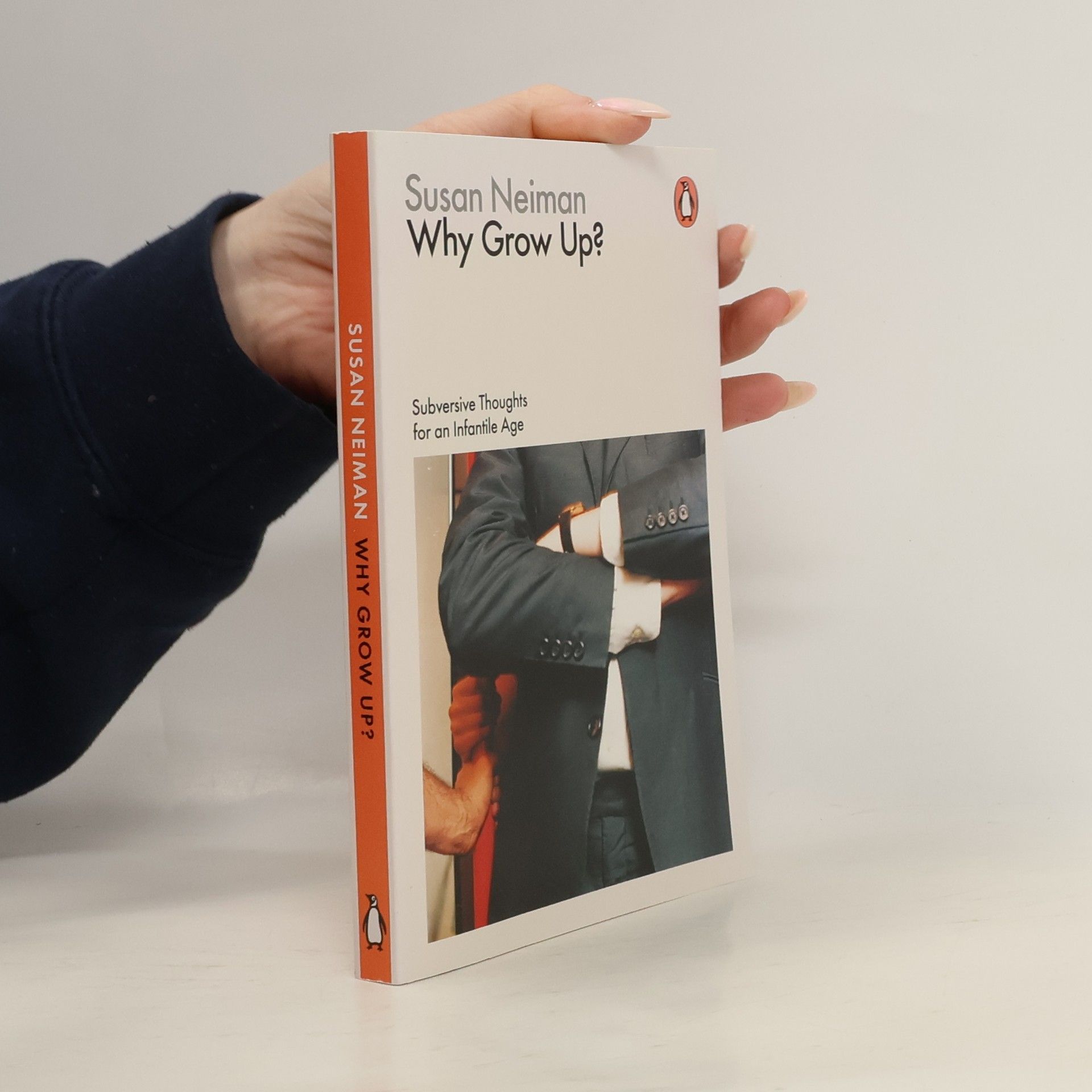Slow Fire
- 306pages
- 11 heures de lecture
"Every time I see you I think of Dachau, baby." This unexpected remark greeted Susan Neiman as she left Harvard in 1982 to spend a year in Berlin working on her philosophy dissertation. Over six years, she delved into the concept of Vergangenheitsverarbeitung, the German struggle to confront their past and the legacy of the Nazis, a term that began to haunt her as a Jewish woman. Conversations were laden with the weight of history; a lover grappled with his Nazi parents' legacy, while a country weekend became complicated over a bottle of '39 Sauternes from occupied France. A rabbi discussed the challenges of Jewish identity in a community where former Nazis might fabricate ancestry to alleviate their guilt. Yet, amidst these tensions, Neiman fell in love with the city's vibrant life—its Hinterhöfe filled with organ-grinders, Kneipen alive with poets and barmaids, and an atmosphere charged with urgency. With a blend of irony and poignancy, she offers an intimate portrait of Berliners a generation after the war. This memoir captures a time and place with the precision of Christopher Isherwood's work, creating an unforgettable tribute to a city that indelibly marks its century.








